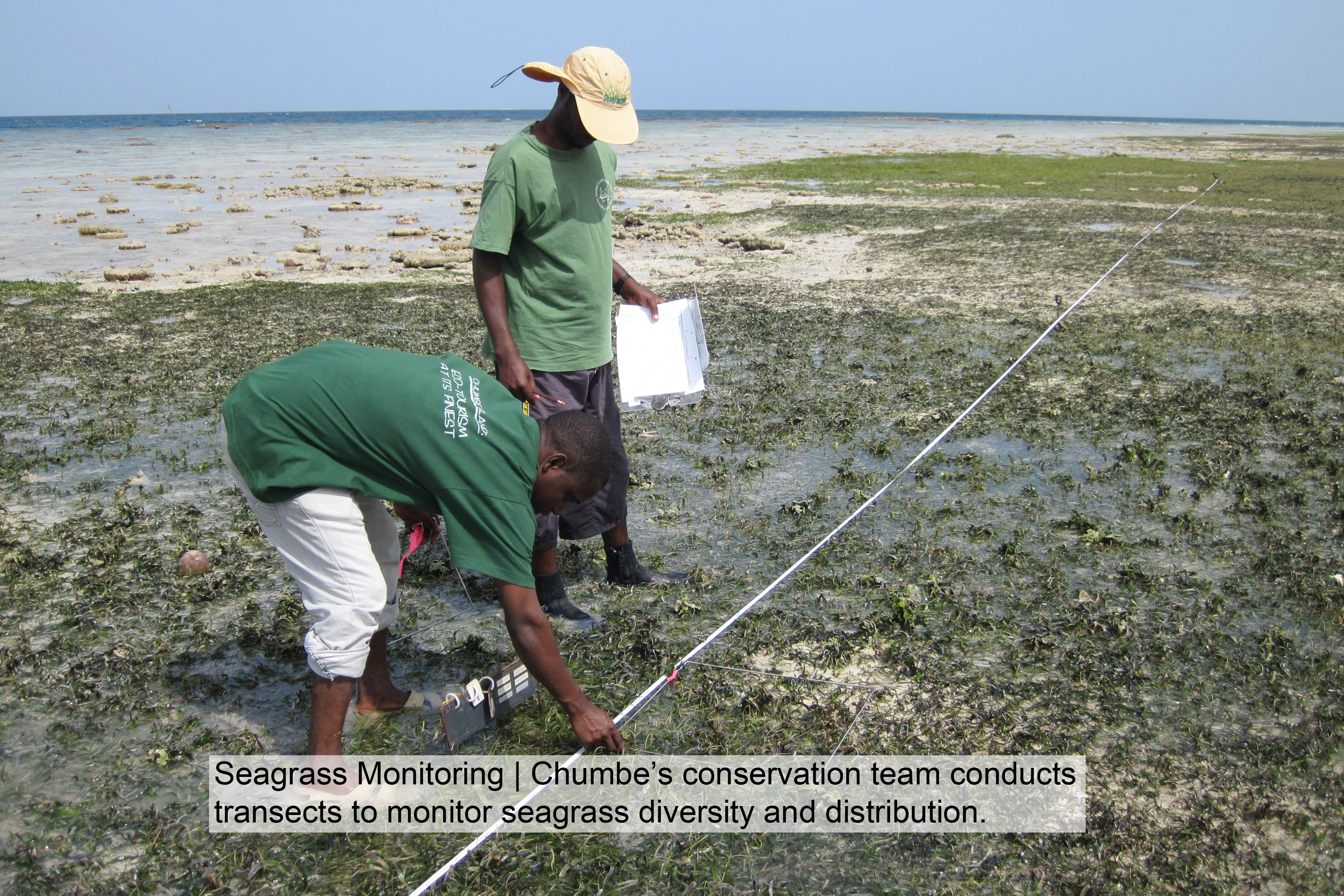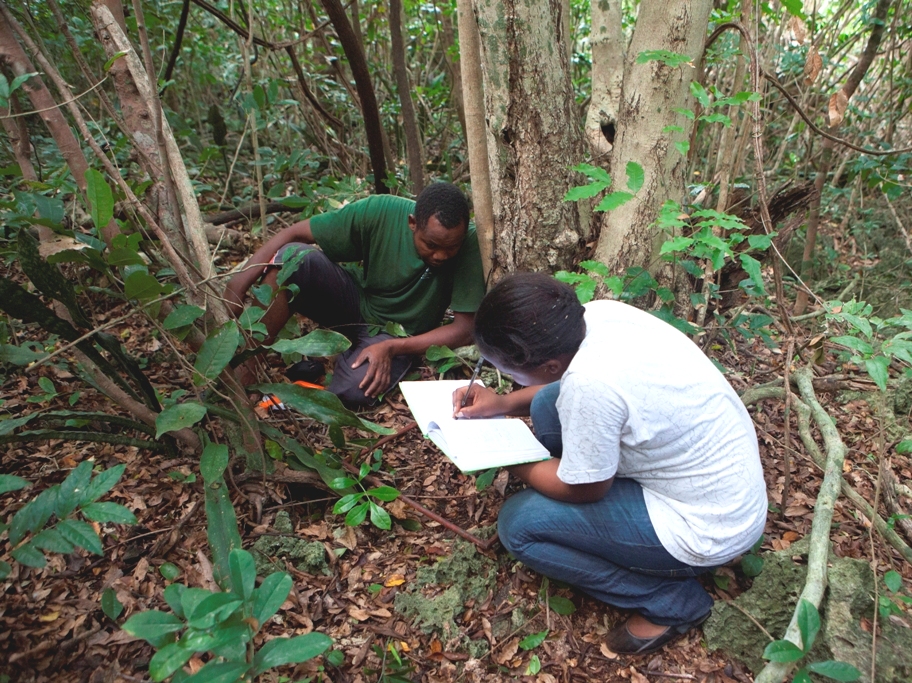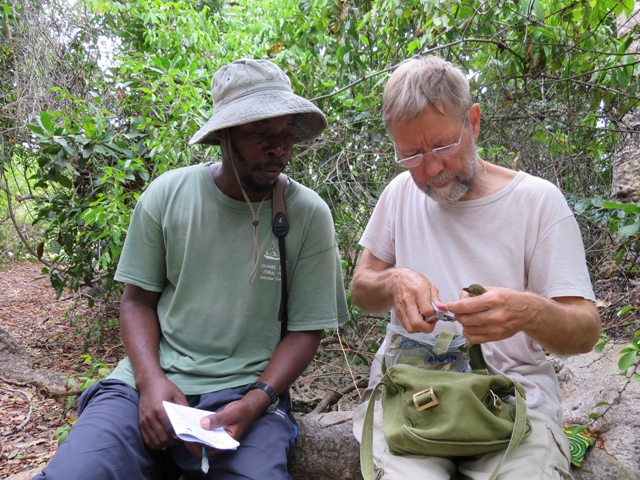



Establishment and management of the MPA has been built upon a strong biophysical and social science foundation; from preliminary baseline surveys at all levels at the start of conceptual development, through to regular monitoring and assessment to ensure an adaptive management approach. Since 1993 CHICOP has employed professional expatriate marine biologists as Conservation Coordinators, for training park rangers and overseeing all research and monitoring programs. Extensive and cross-institutional capacity building efforts have also been provided on a range of projects both within Chumbe MPA and with partner institutions and emerging coastal conservation programs across the region. CHICOP’s ranger team has captured daily monitoring and observational data in the MPA, leading to Chumbe having the most extensive monitoring data set of any MPA in Africa, possibly the world, spanning more than 20 years of operations. Results are used for decision making and are shared through a range of information materials such as scientific publications, status reports and newsletters. Furthermore, all CHICOP staff are trained in the basics of reef and forest ecology, English language skills, ecotourism and waste management practises.
- Ongoing capacity building of MPA staff and the availability of resources (boats, fuel, equipment) to effectively conduct monitoring are crucial.
- Partnerships with local and regional organizations are vital for facilitating wider training opportunities.
- Adequate assessment methodologies enable systematic data gathering and decision making.
- Adaptive management approaches ensure that monitoring results are assessed towards objectives and programs are adapted according to evolving knowledge.
- Social and ecological monitoring enables a thorough understanding of the impacts of activities in the MPA, and the potential scales and frequencies of challenges and opportunities as they arise.
- Effectiveness of MPA management can only be assessed if long-term monitoring data is in place that provides temporal evidence of whether management objectives are being fulfilled.
- Science-based adaptive management is a very dynamic, "learning-by doing" process which requires commitment from everybody involved.
- As monitoring is conducted by expertly trained Chumbe staff, it increases their environmental awareness and provides a sense of ownership and motivation to protect the monitored habitats.
- Since CHICOP employs people from nearby communities, who have limited formal education and skills prior to joining Chumbe, much on-the-job training has been provided, requiring considerable time and investment.